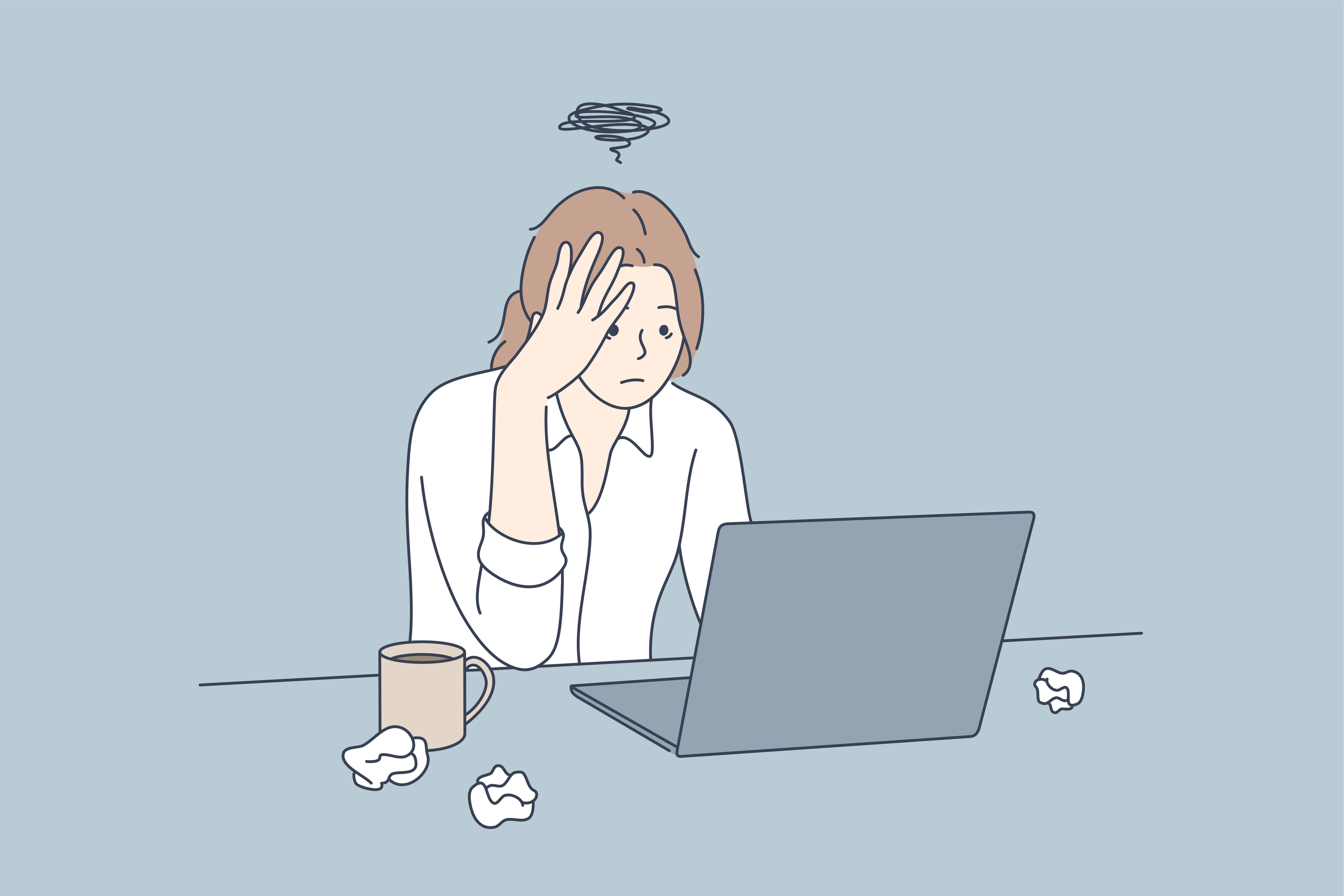· JonhS · 4 min read
Life with Pathological Demand Avoidance
Dive into the daily struggles and coping strategies for those living with PDA, and discover how understanding and therapy can make a profound difference.

Originally published by Mountains to Molehills - Republished with permission.
Getting up in the morning can be a frustrating experience for anyone. On a workday you may need to get up earlier that desired. You are woken by an alarm, jolting you out of a pleasant dream, or you have been restless all night and as you fall into a deep sleep, the sun comes up and the kids roll in. For most of us, we will get out of bed when we need to, wake ourselves up with our morning routine and face the day of work without struggling too much with anxiety, fear, or hopelessness.
Getting up in the morning is not necessarily a problem for everyone with Pathological Demand Avoidance (PDA), but I want to use the 5-20mins someone might spend in bed awake in the morning, to illustrate a typical difficulty for many with this behavioural profile.
PDA is a controversial ‘behavioural profile’ and research is in its infancy. However, we do know that there is a high co-morbidity with Autism and they both share several traits. People with PDA have an anxiety driven (many PDA’ers do not experience this as anxiety) imperative to avoid demands of life. Very importantly, this vicious struggle can sometime be experienced as almost random to the PDA’er and can happen when faced by a demand, request or desire coming both internally (self) and externally (others, work roles, responsibilities). The task or demand which triggers the avoidance reaction/anxiety might be something the PDA’er finds boring, exciting, easy or hard and this can make the experience even more confusing and upsetting. For more information I have included some links at the bottom of this post.
When our theoretical person with PDA wakes up they are struck with an almost instant sensation of dread about the demand of silencing the alarm clock, but like the rest of us, the promise of quiet outweighs the demand and they switch it off. This alerts them to the fact that they made a commitment the night before to make coffee for their partner. However, this was a mistake they have made too many times before. They love and care for this human, but the anxiety is worsening, and they spend the rest of the morning doing avoidance activities. Leaving the house in the morning, our PDA’er feels disappointed, frustrated, and confused due to their lack of follow through. On the other hand, however, they left on time and completed their morning routine, thanks to the need to avoid the commitment to make coffee. On any other given day, these ‘normal tasks’ would have been too hard, and they might have found themselves at work with yesterdays clothes or in need of a shower.
Counselling with a clinician who is experienced with PDA can be a profoundly beneficial experience. Therapy can help promote self-awareness and acceptance, provide relationship support, as well as alternative time management, organisation and relaxation techniques. However, some standard therapeutic tools may result in the deepening of further negative/ destructive thoughts and beliefs stemming from perceived experiences of failure, for example, homework is best avoided.
Some PDA’ers have described their attempts to live up to their, and others expectations as trying to grab a hold of fists full of sand and stop them from slipping through their fingers, because every time they create a rule, goal, or a plan, it either will be avoided instantly or will work for a time and then become a demand to be avoided.
A piece of advice for someone with PDA is to avoid committing to optional tasks and to ‘do it when it feels right’, with as open a schedule as possible. Building a trusting relationship with a therapist who recognises PDA, along with medical staff is also highly valuable so that one is prepared when a demanding time becomes too much and shutdown feels imminent. There is a list of medical and psychological professionals at pdaresource.com, who can work with PDA.
A piece of advice for someone who is questioning PDA, and wondering if those affected are being lazy, childish or defiant, try to imagine what it would be like to have intense anxiety stopping you from doing something you want to do for someone you care deeply about, like the PDA’er in our story above.
Resources
pdaresource.com Contains a list of professionals who are receptive to discussing PDA along with book links, Facebook groups and strategies.
pdasociety.org.uk The PDA Society is an organisation based in the UK which raises awareness of PDA worldwide.

